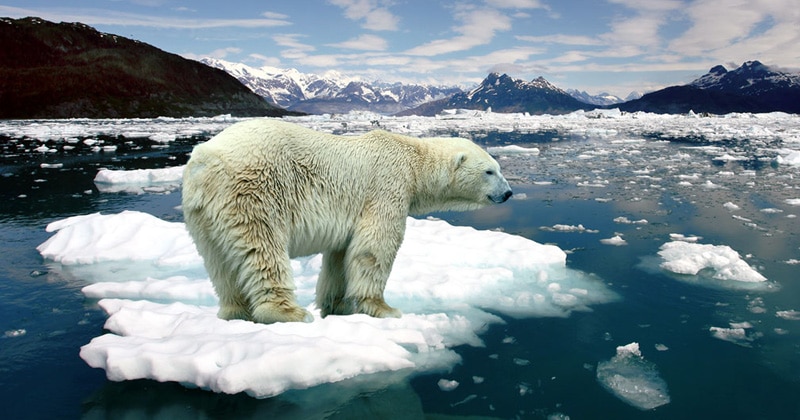Tackling climate change is arguably humanity’s biggest challenge, with rising temperatures and sea levels an existential threat to many of Earth’s species. Here are 10 facts everyone should know about climate change… before it’s too late.
1. Last year (2014) was the hottest since records began
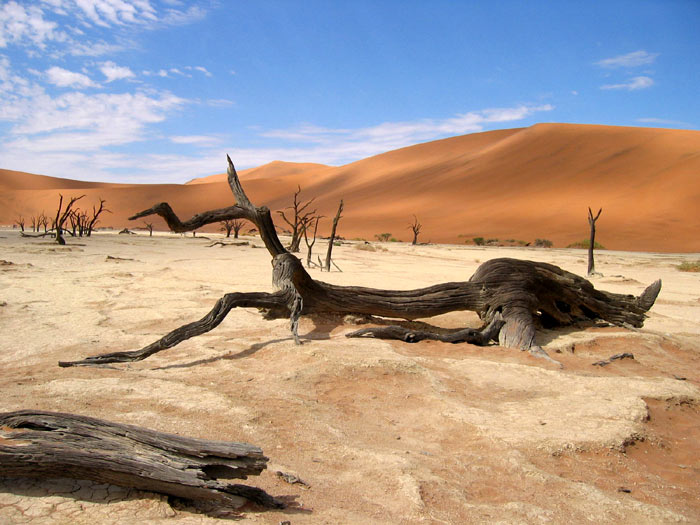
Data from NOAA [1] (The National Oceanic and Atmospheric Administration) shows that:
- 2014 was the hottest year since records began in 1880
- Average temperature across global land and ocean surfaces was 1.24 degrees F (0.69C) above the 20th Century average and surpassed previous records set in 2005 and 2010
- Globally-averaged sea surface temperature was 1.03 degrees F (0.57C) above the 20th Century average
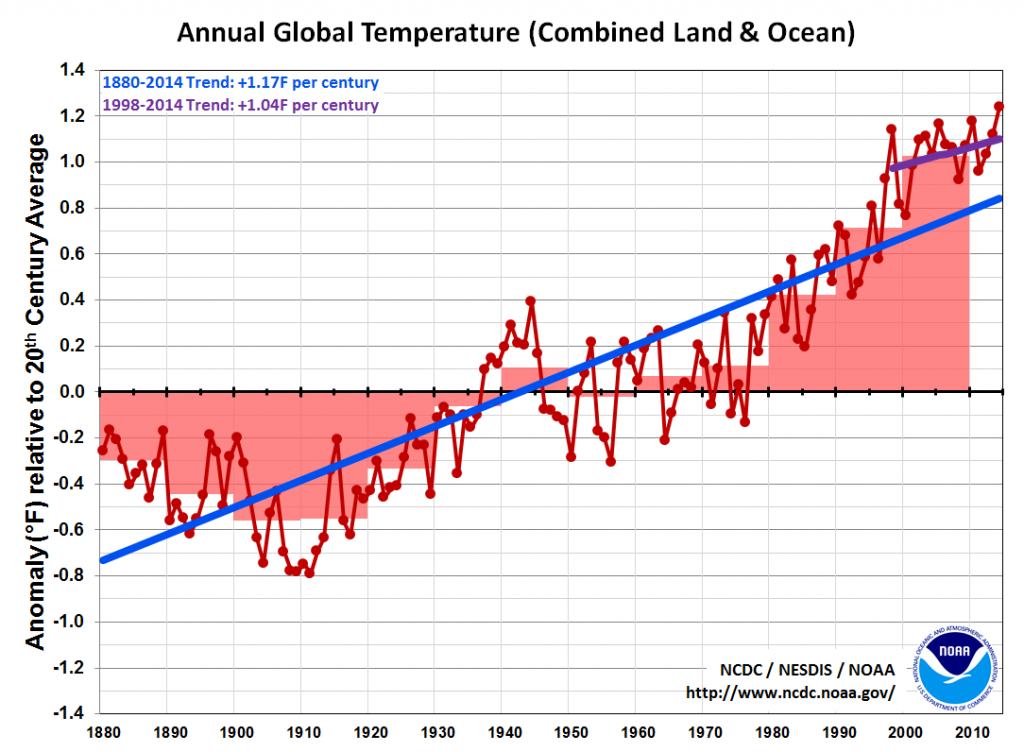
2. Global sea levels are predicted to rise by up to 0.9m before the end of the century
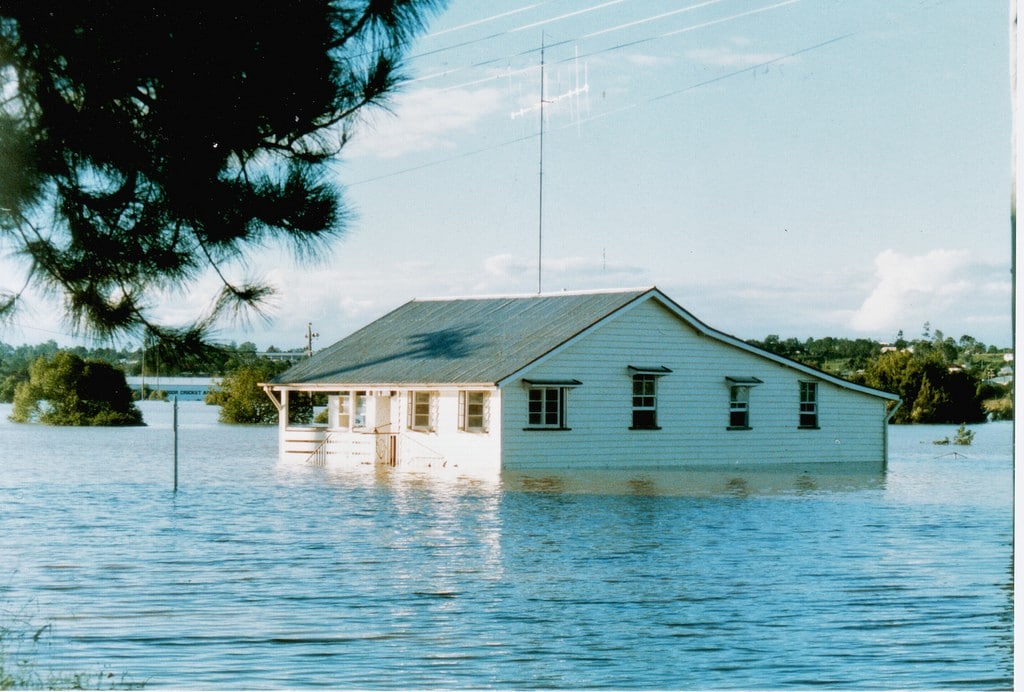
- Sea levels have risen an average of 8cm (three inches) since 1992 (Nasa) [2]
- Sea levels are predicted to rise between 0.3 and 0.9 metres by the end of the century (IPCC/UN) [3]
- More than one-third of the Earth’s population live within 60 miles of an oceanic coast [4]
- Low lying capitals such as Dhaka in Bangladesh (population 14m) could see rivers flooding within 20 years
- This graphic by Climate Central breaks down population exposed to rising sea levels by country (top 20)

3. The Arctic may see its first ice-free Summer by 2040
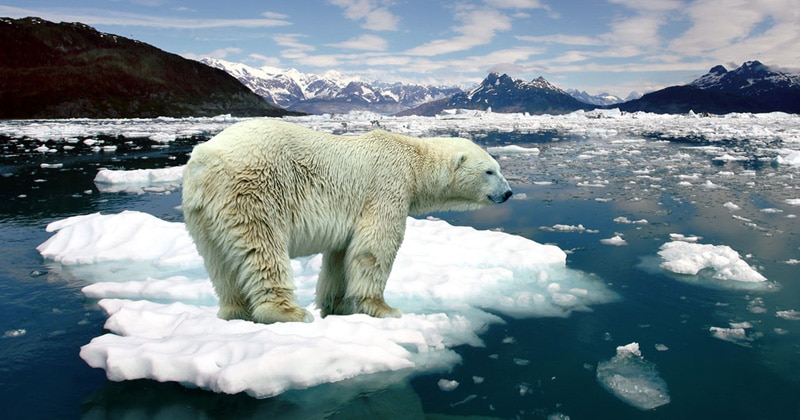
- There was less ice in the Arctic last winter than in any other winter since the beginning of the satelite era (NOAA) [5]
- This year (2015) ice started to melt faster and earlier than previous years (NOAA) [5]
- Leading scientists have predicted the Arctic may see its first ice-free Summer by 2040 (Geophysical Research Letters) [6]
4. Over 1 million species are facing extinction due to disappearing habitats, changing ecosystems, and acidifying oceans
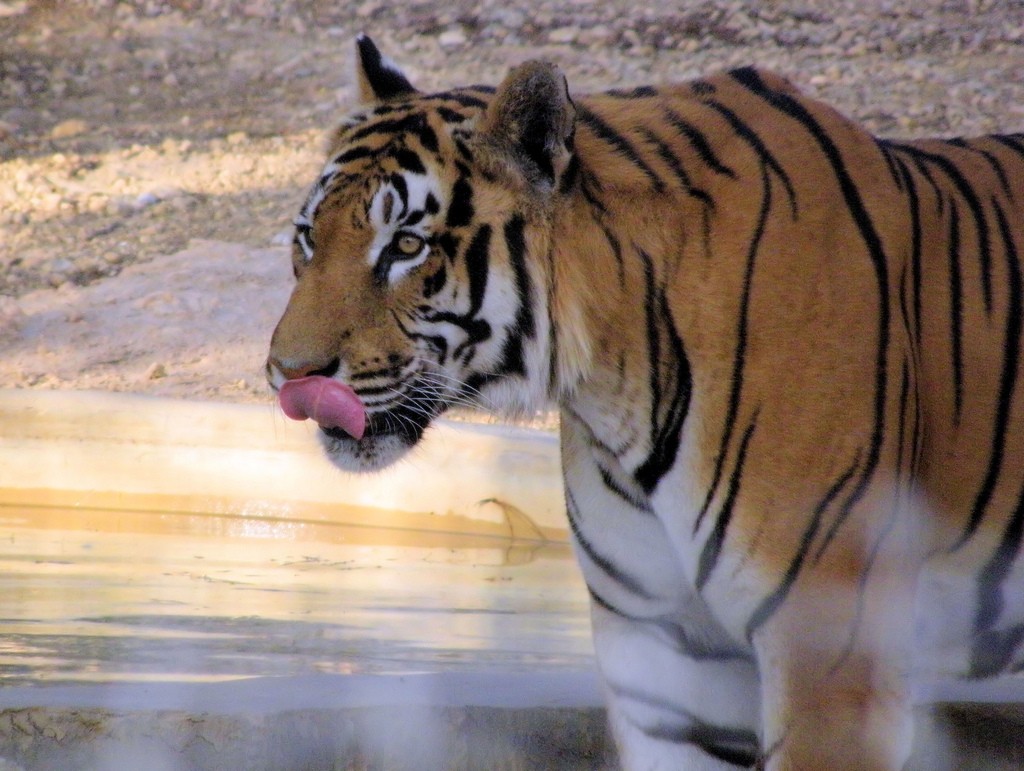
- A recent study suggests that the changing climate could see up to one in six of the estimated 8.7 million species on Earth facing extinction [7]
- This is consistent with a 2004 report from Leeds University, which predicted more than 1 million species would be extinct by 2015 [8]
5. 99.84% of the land in California is suffering from drought
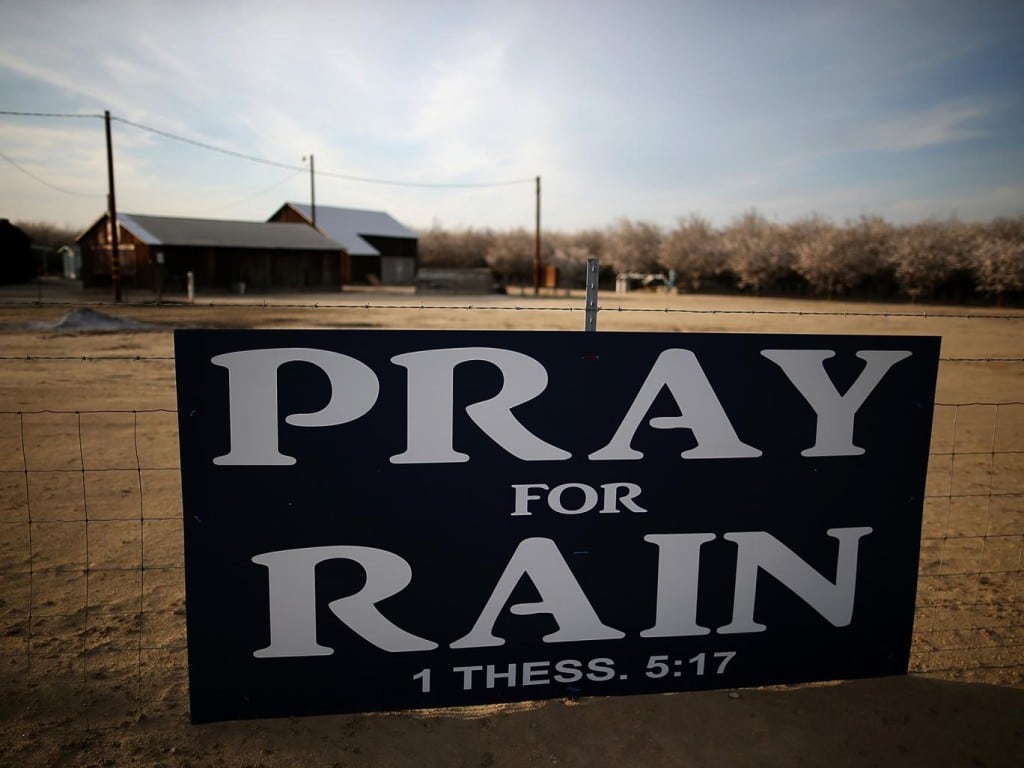
- 2013 was the driest year ever recorded in California
- The historic drought, which is set to enter its 5th year, is devastating California’s crops
- Two-thirds of the State is experiencing extreme drought
- Many scientists agree that the drought has been caused by climate change
- More than 9,000 Americans have suffered heat related deaths since 1979 (EPA) [9]
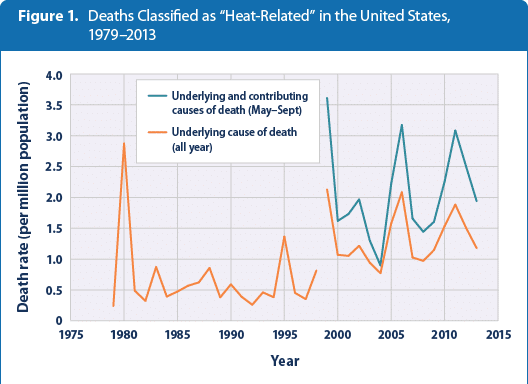
[adsense-mobile]
6. If everyone on Earth lived like America, it would take 4.1 Earths to provide enough resource for everyone
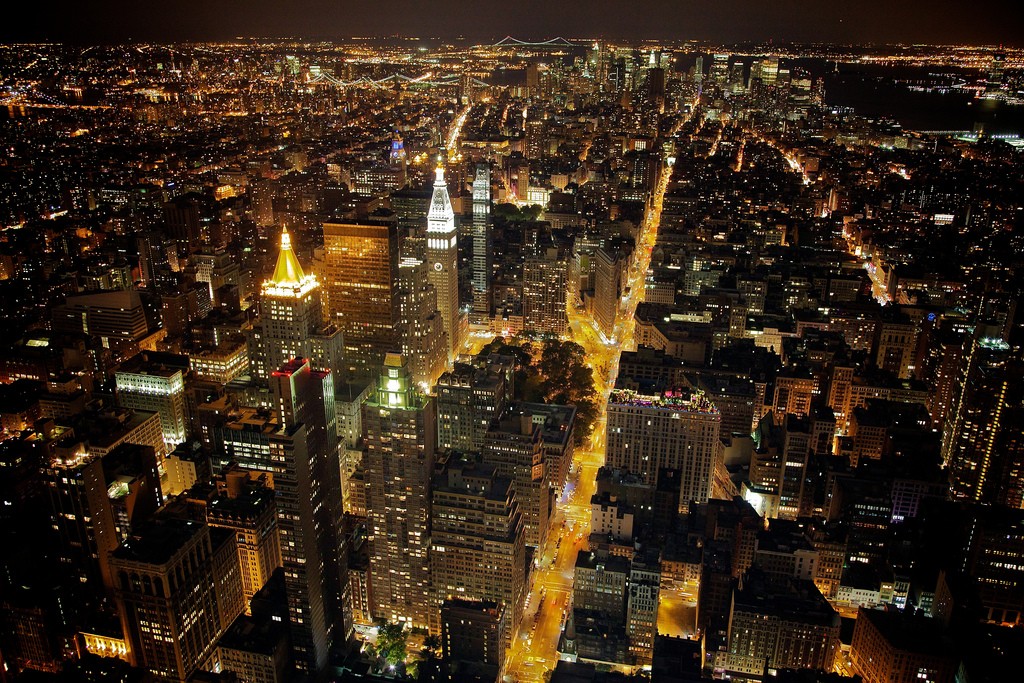
- 20% of the world’s energy [10]
- 15% of the world’s meat
- and also produces 40% of the world’s waste
Journalist Tim De Chant used data from The Global Footprint Network to calculate how many Earths would be required to provide enough resource for everyone on the planet to live like America.
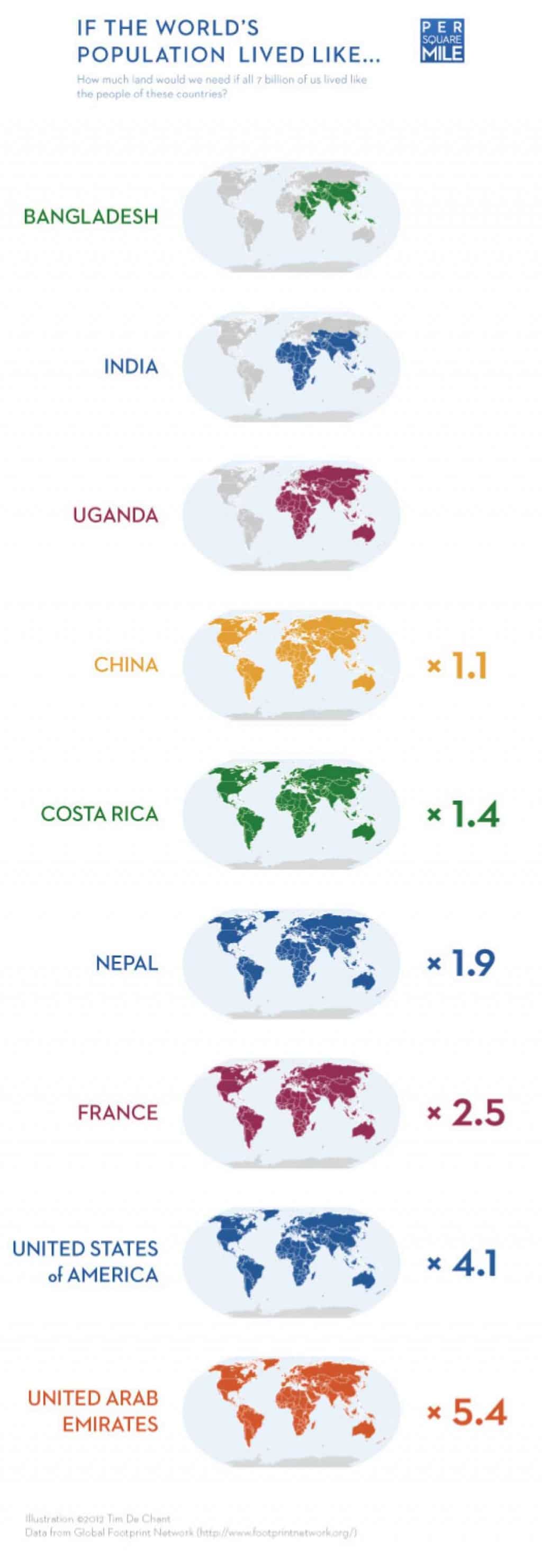
7. Our efforts at combating climate change are failing
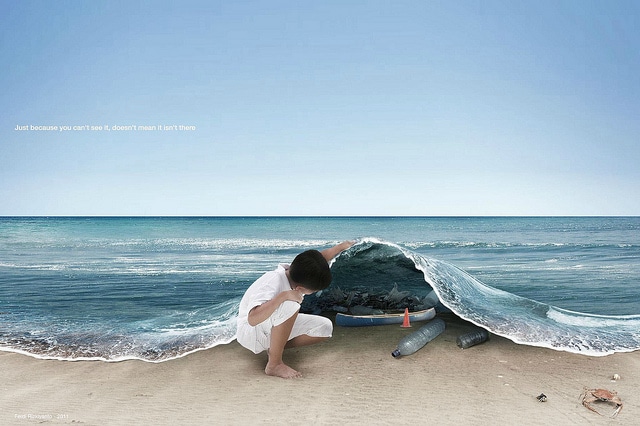
A 2014 UN report [11] stated that:
“Human influence on the climate system is clear, and recent anthropogenic emissions of greenhouse gases are the highest in history. The climate changes that have already occurred have had widespread and consequential impacts on human and natural systems.”
8. We face a tremendous challenge to keep global warming below the internationally agreed level
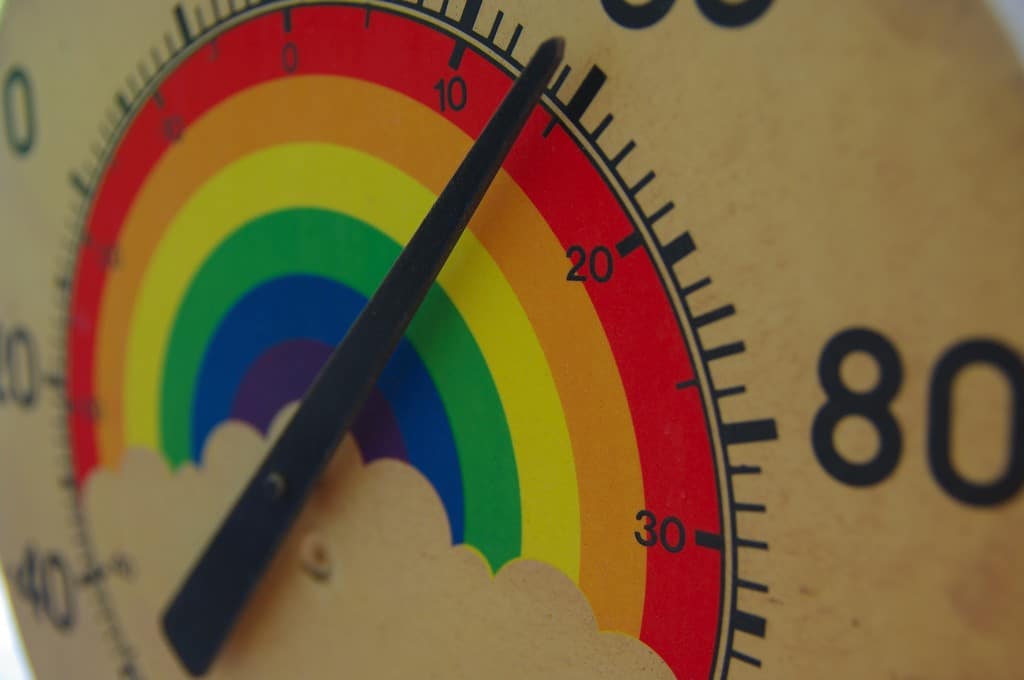
The same UN report concludes that it will be incredibly difficult to keep global warming below the internationally agreed level of 3.6 degrees Farenheit above pre-industrial levels [12].
To achieve this target, emissions cuts of between 40 and 70 percent would be required between 2010 and 2050, with emissions “falling towards zero or below” thereafter.
9. Global warming is (almost certainly) irreversible
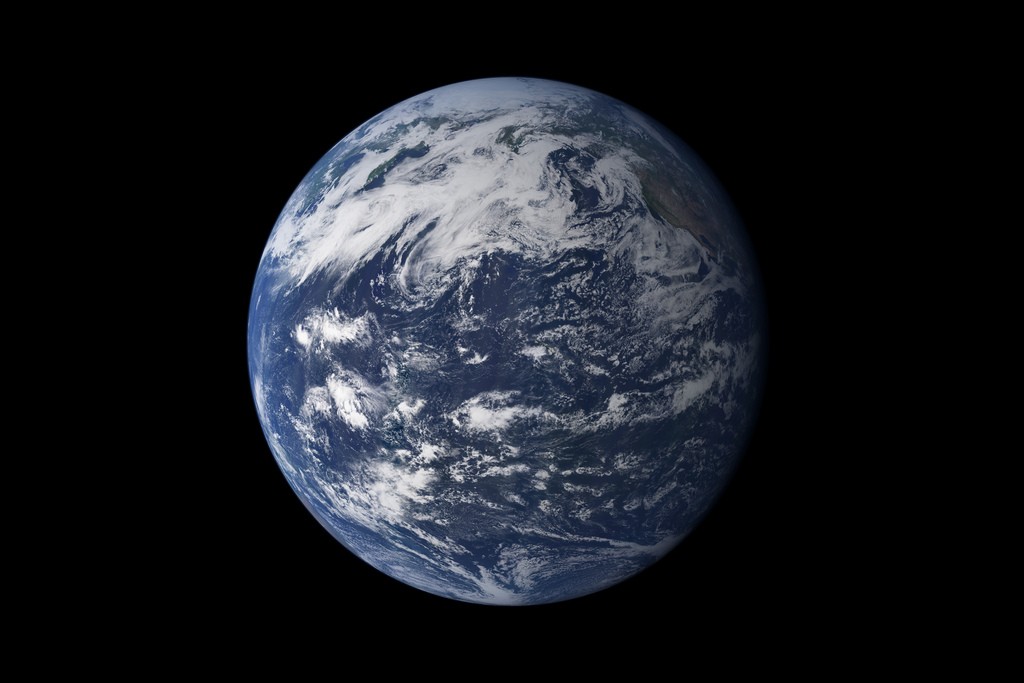
“People have imagined that if we stopped emitting carbon dioxide that the climate would go back to normal in 100 years or 200 years. What we’re showing here is that’s not right. It’s essentially an irreversible change that will last for more than a thousand years. This is because the oceans are currently soaking up a lot of the planet’s excess heat — and a lot of the carbon dioxide put into the air. The carbon dioxide and heat will eventually start coming out of the ocean. And that will take place for many hundreds of years.”
10. But while we can’t reverse the damage already done, we can do much, much more to slow it down and perhaps eventually stop it altogether
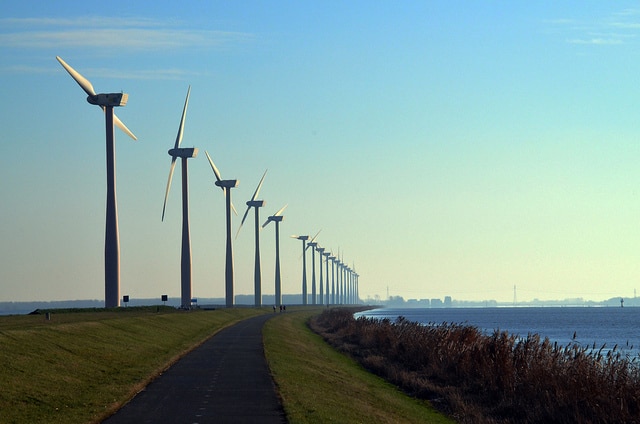
- Drive Less – More than half of all CO2 emissions come from vehicles, so why not take public transport, car pool, cycle, or walk? For every mile of driving you eliminate, you save 1 pound of carbon dioxide.
- Stop Vehicle Idling – Unless you are in traffic, turn off your engine if you are stopped for more than 10 seconds. This will cut fuel use and air pollution
- Make Your Home More Energy Efficient – Insulate walls, basements and atics, and close curtains at night to save up to 30% on your energy bill.
- Change Your Light Bulbs – Replacing regular lights with compact fluorescent bulbs saves and incredible 150 pounds+ of CO2 per bulb each year
- Use Less Hot Water – Insulate your hot water heater, use low-flow showerheads, and turn your thermostat down to 120 degrees.
- Turn Down The Heat – Turn down your thermostat before sleeping at night, or when leaving the house.
- Don’t Leave Appliances On Standby – If you’re not using it, then switch it off at the socket!
- Consider Using Renewable Energy – Consider switching to green, renewable energy – for example, by installing solar roof top panels.
- Recycle – Recycle reusable materials such as cardboard, paper, glass, plastic, and metals. It takes less energy to make products from recycled goods than from new raw materials.
- Plant Trees and Vegetation – One tree will absorb over a ton of carbon dioxide during its lifetime.
Imagine the difference we could make if we all started living greener lives tomorrow. It’s not too late for us to act, and to slow down, or eventually stop climate change…
but the clock is ticking.
References
- Global Analysis – Annual 2014 (NOAA)
- Global sea levels have risen 8cm since 1992, Nasa research shows (The Guardian)
- Sea Level Change (IPCC/UN)
- Exposure to Sea Level Rise (Climate Central/New York Times)
- Arctic ice melting faster and earlier (The Guardian)
- Arctic Summers Ice Free by 2040 (National Geographic)
- Extinction risks from climate change (Janneke Hille Ris Lambers)
- An unnatural disaster (The Guardian)
- Deaths classified as ‘heat related’ in the United States (EPA)
- International Energy Statistics (EIA)
- Climate change threatens irreversible and dangerous impacts (IPCC/U.N.)
- Copenhagen Deal: Key Points (BBC)

